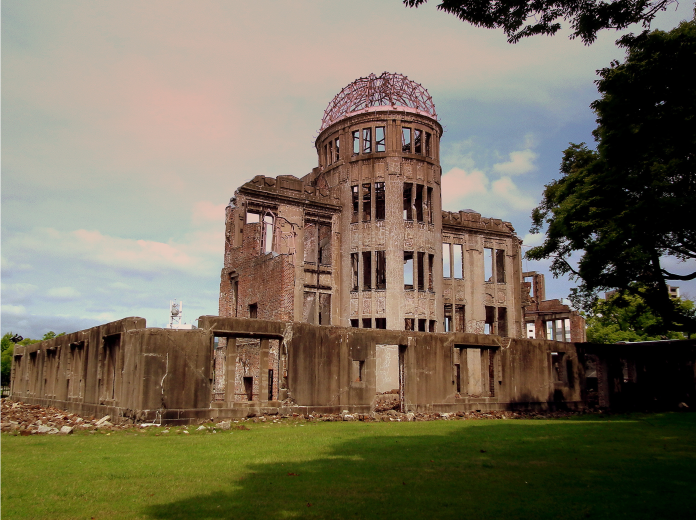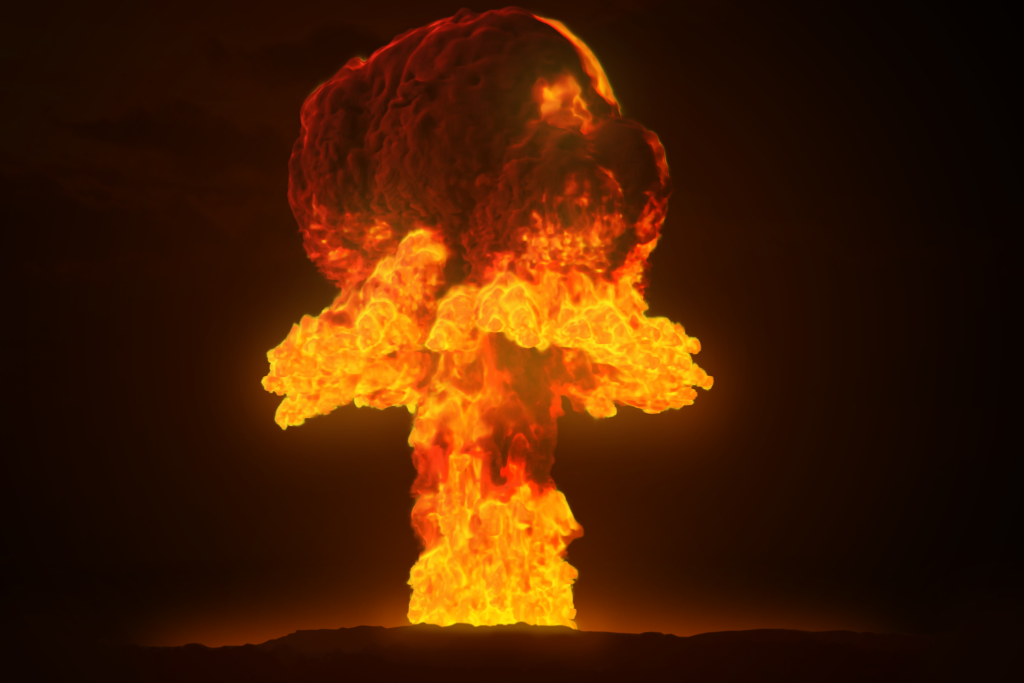
History of the atomic bombings in World War II is usually retold using the examples of Hiroshima and Nagasaki, but a lesser known part includes the use of a third atomic bomb that was almost ready to be dropped on Japan.
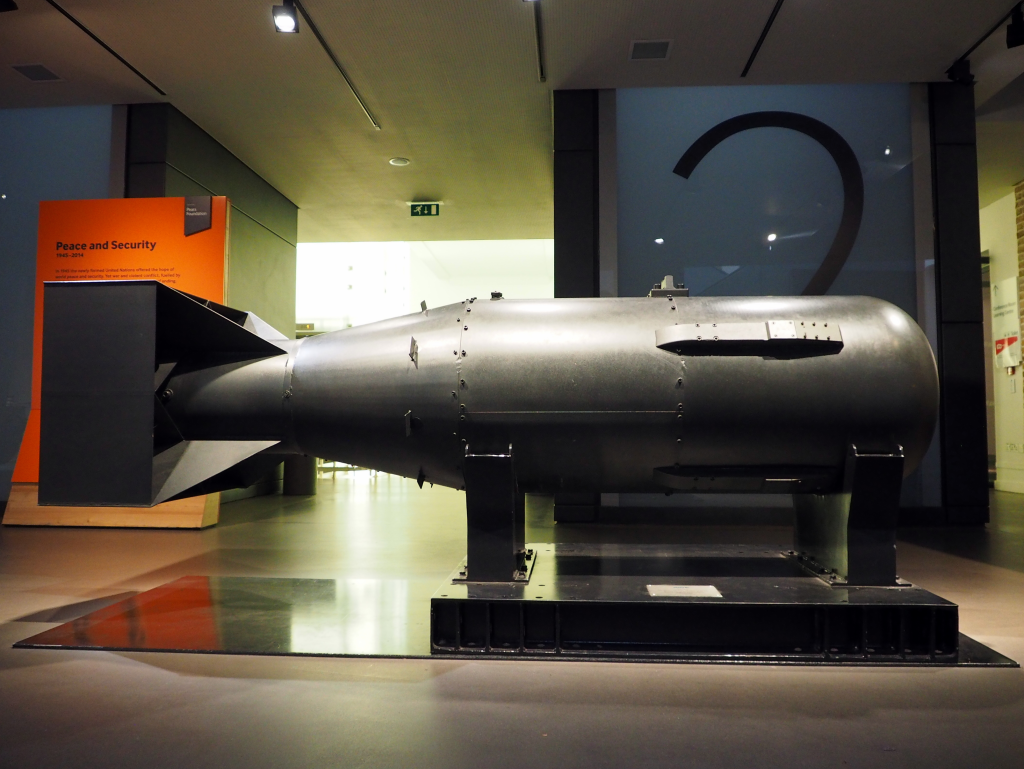
The existence of the unfinished weapon provides a glimpse into the enormous scientific endeavors and intricate moral dilemmas that were experienced at the beginning of the nuclear age.
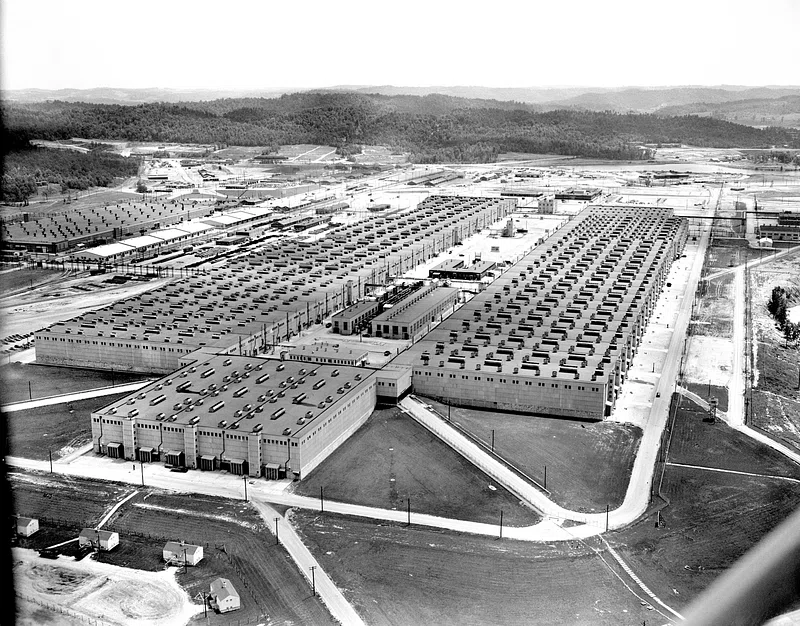
1. Manhattan Project’s Monumental Undertaking
The secret U.S. atomic bomb construction program became a reality in the development of two bombs used on Japan, “Little Boy” and “Fat Man,” developed through cooperative research at sites such as Hanford, Los Alamos, and Oak Ridge.
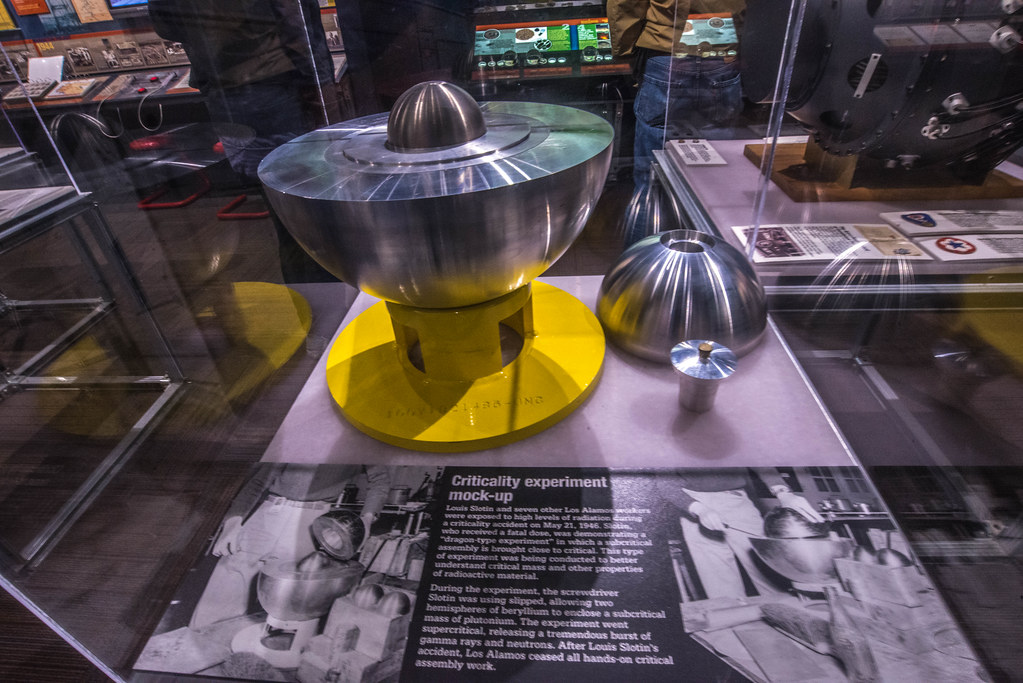
2. Third Bomb Readiness and Suspension
A third atom bomb, built with a plutonium core known as the “demon core,” was in late August 1945 nearing completion for deployment, but its production was halted following Japan’s surrender and the Soviet invasion of the war.
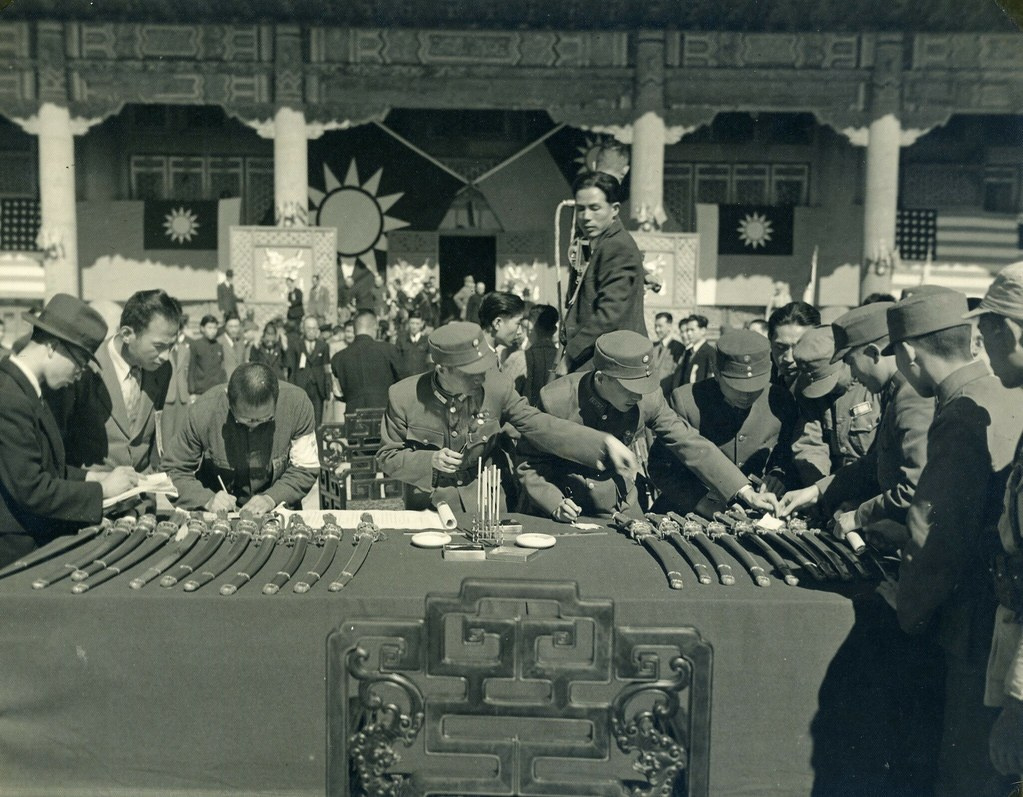
3. Speculation on the Third Target
The destination city of the third bomb remains a mystery, and speculations are being made about further devastation and further casualties that were narrowly averted with the abrupt conclusion of the war.
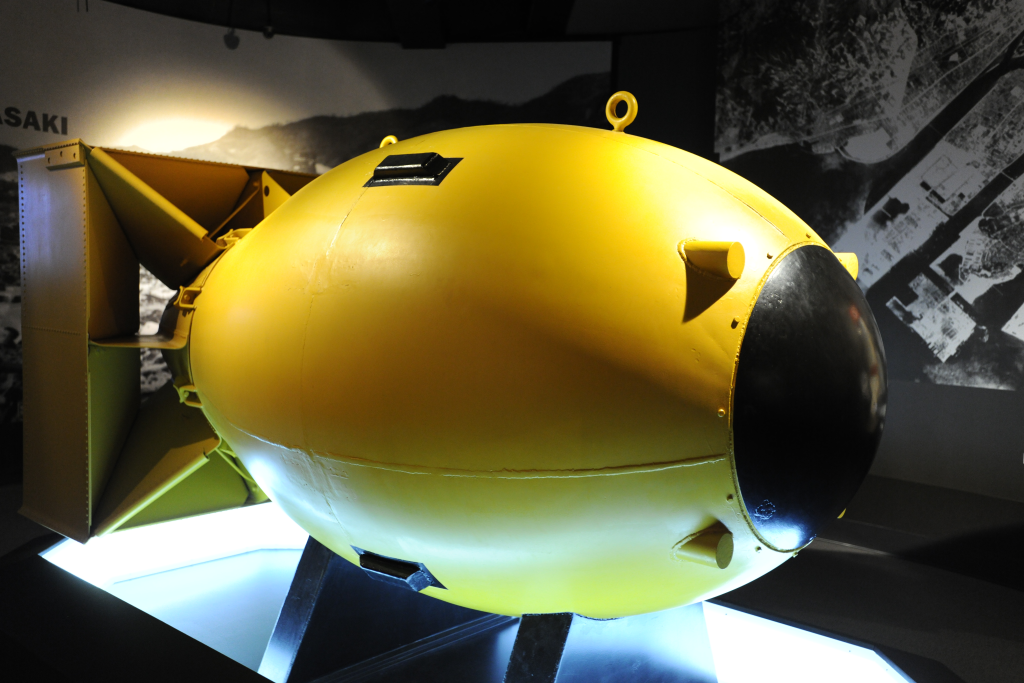
4. Technical Details of the Fat Man Bomb
The “Fat Man” bomb dropped on Nagasaki had employed approximately 1 kg of plutonium in its core that released energy equal to 21 kilotons of TNT, showcasing the annihilating power of the bomb.
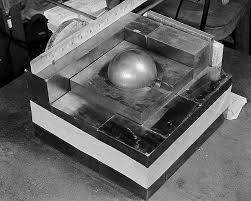
5. Tragic Fate of the Demon Core
After the war, the demon core was utilized in criticality experiments at Los Alamos with fatal exposure to radiation accidents before it was melted and reused, ending its ominous career.
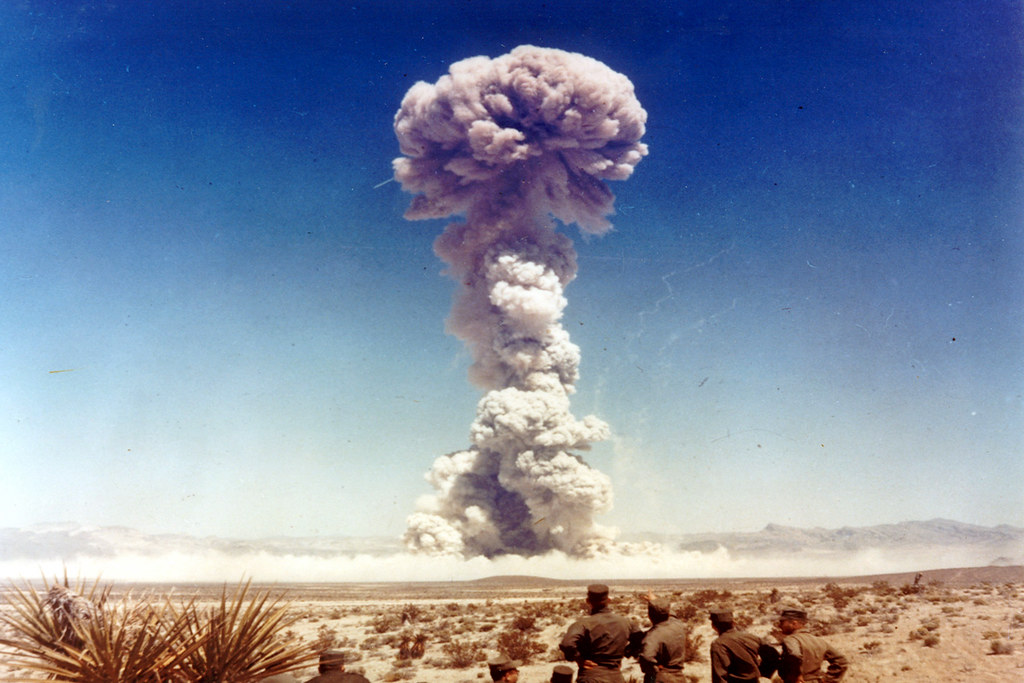
6. Ethical Reflections and Historic Impact
The half-built third bomb is a reminder of the fearful energy that humans had at their command then and continues to be a source of controversial ethical considerations regarding nuclear weapons, not to mention reminding us of the serious responsibilities that go along with atomic science.
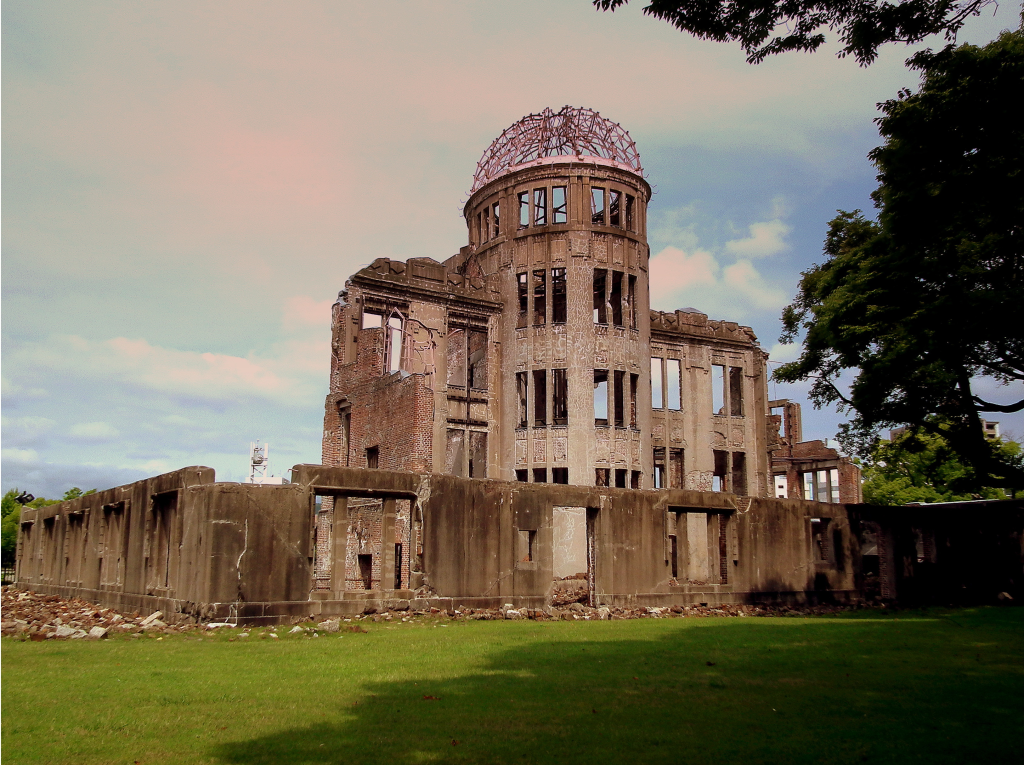
The legacy of the third atomic bomb is a somber reminder of the brinkmanship which characterized the final days of World War II.
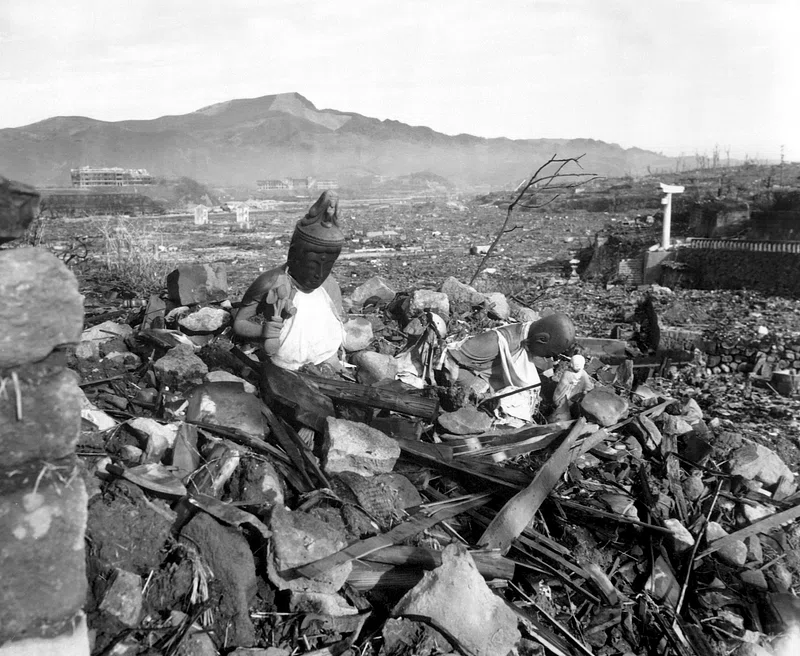
The scientific breakthroughs which made it possible have a twofold legacy of technological brilliance and ethical complexity, echoing throughout history as a reminder of human genius and the huge price of war
